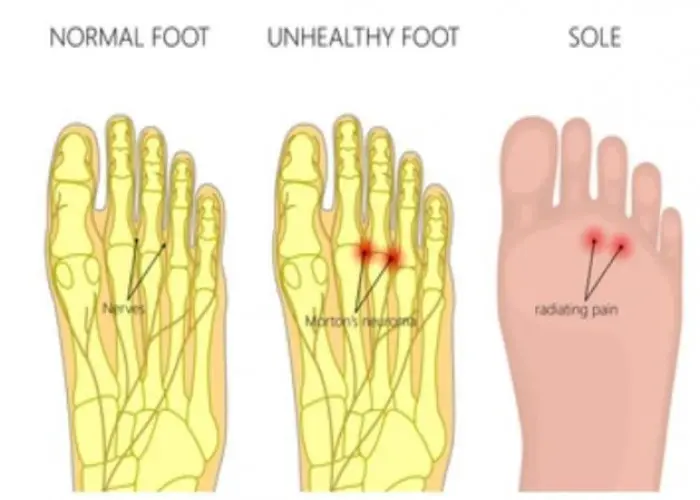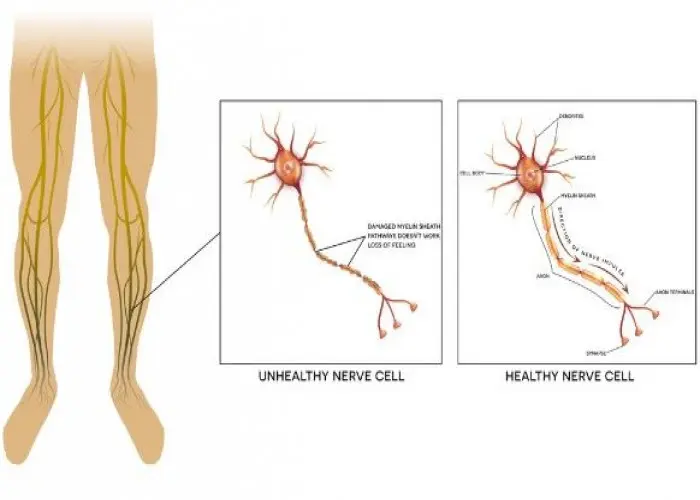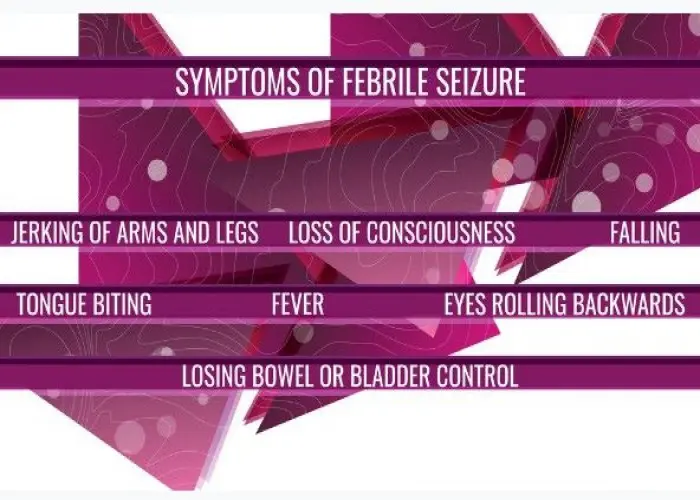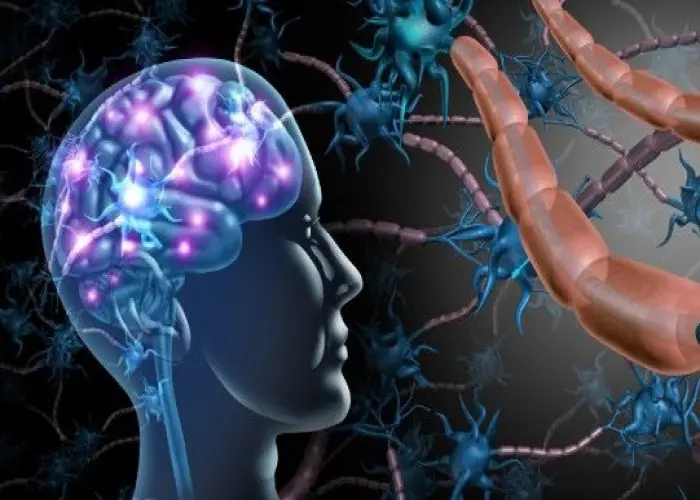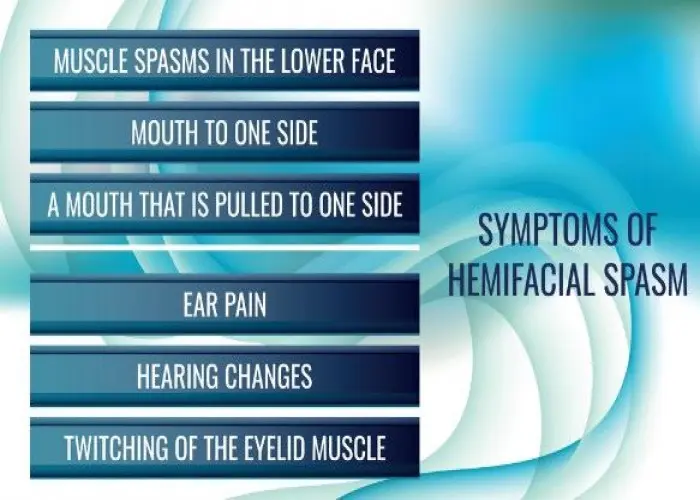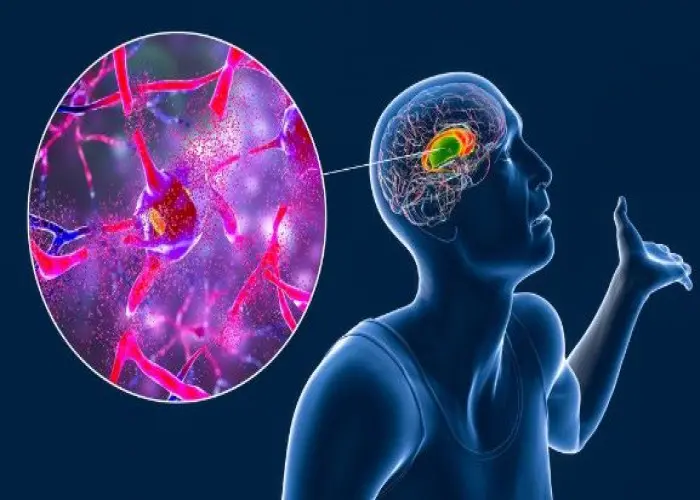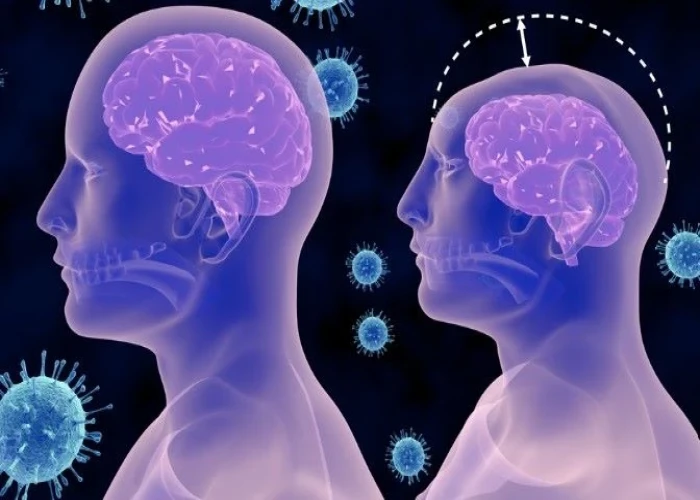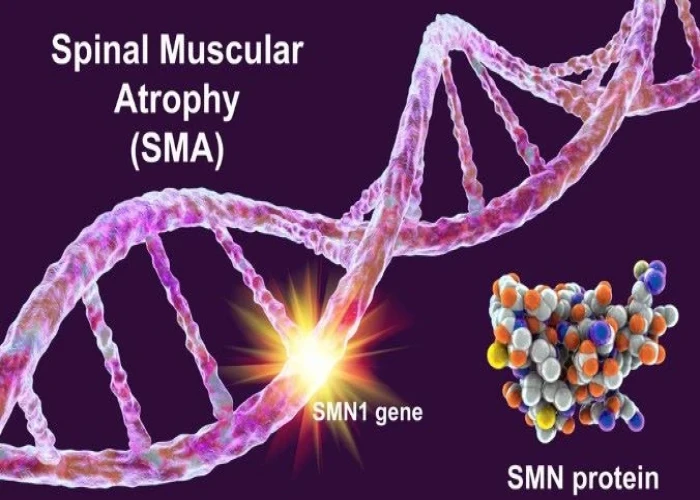 Welcome
Welcome
“May all be happy, may all be healed, may all be at peace and may no one ever suffer."
- A
- B
- C
- D
- E
- F
- G
- H
- I
- J
- K
- L
- M
- N
- O
- P
- Q
- R
- S
- T
- U
- V
- W
- X
- Y
- Z
Nerves - Diseases
Nerves are specialized cells in the body that transmit information between the brain, spinal cord, and the rest of the body. They are part of the body's nervous system, which is divided into two main branches: the central nervous system (CNS) and the peripheral nervous system (PNS).
The CNS includes the brain and spinal cord, which are responsible for processing and interpreting sensory information, initiating movement, and controlling bodily functions. The PNS includes all the nerves outside of the brain and spinal cord, which are responsible for carrying information to and from the CNS, and for controlling voluntary and involuntary movements.
Nerves are made up of specialized cells called neurons, which are capable of generating and transmitting electrical signals. Neurons have three main parts: the cell body, dendrites, and axons. The cell body contains the nucleus and other important organelles, while the dendrites are short, branching extensions that receive signals from other neurons. The axon is a long, thin extension of the neuron that carries electrical signals away from the cell body and towards other neurons or muscle cells.
There are three types of nerves in the body: sensory nerves, motor nerves, and mixed nerves. Sensory nerves carry information from the sensory organs to the brain, while motor nerves carry information from the brain to the muscles and glands. Mixed nerves contain both sensory and motor fibers.
Damage or injury to nerves can cause a variety of symptoms, including pain, numbness, weakness, and paralysis. Certain conditions, such as multiple sclerosis and peripheral neuropathy, can also affect the function of the nerves. Treatment for nerve damage depends on the underlying cause and may include medications, physical therapy, and surgery.

Ear
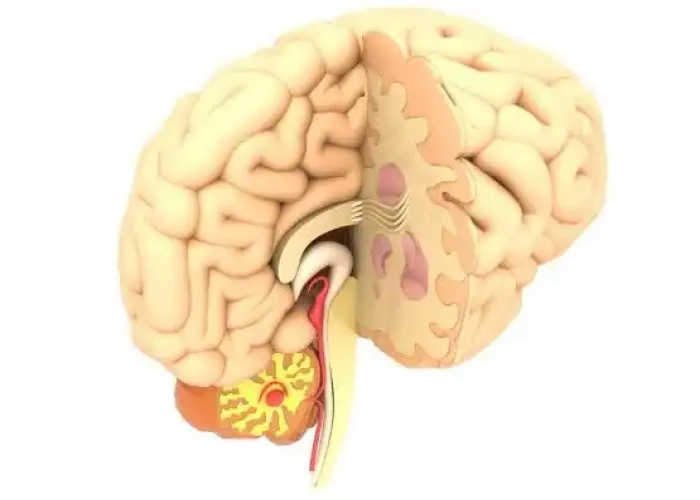
Midbrain Brainstem

Skin
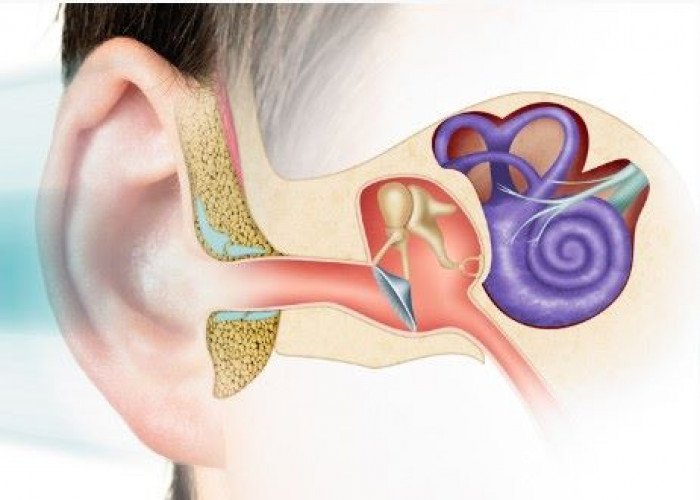
Semicircular canals Inner ear
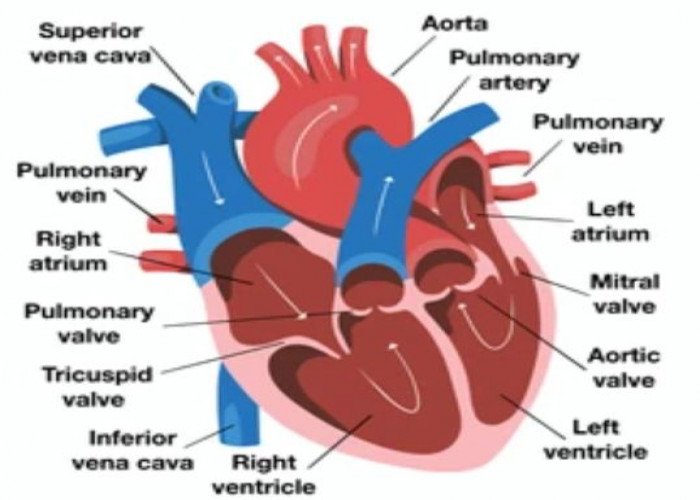
Heart

Pharynx
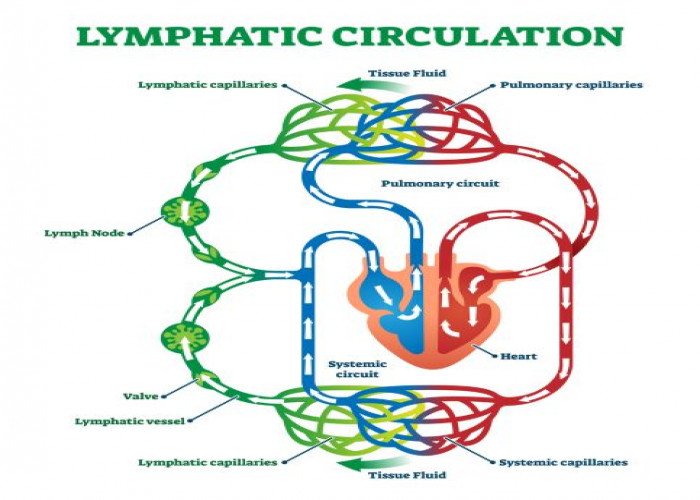
Lymphatic vessel
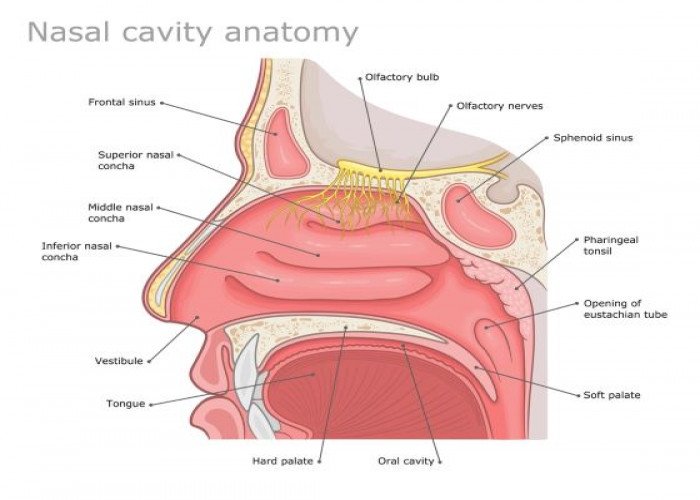
Nasal cavity
Nerves, Sciatica, Nervous system, Autonomic nervous system, স্নায়ু
To be happy, beautiful, healthy, wealthy, hale and long-lived stay with DM3S.



